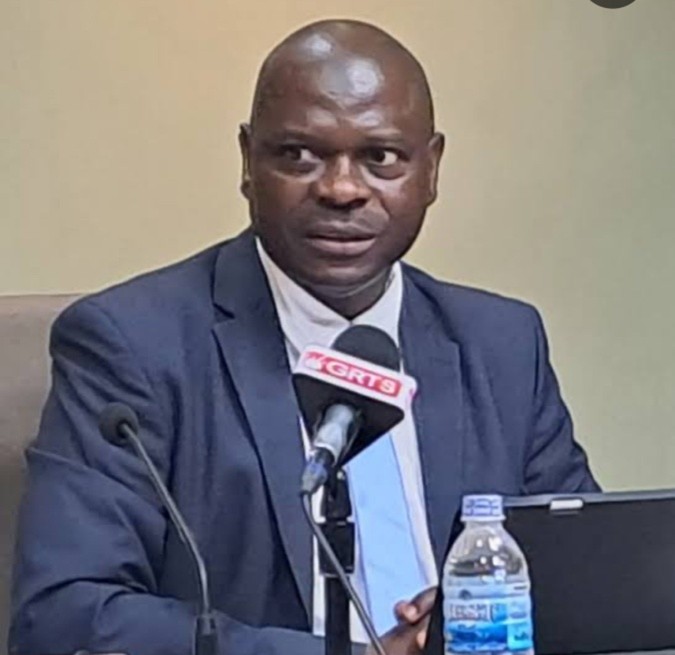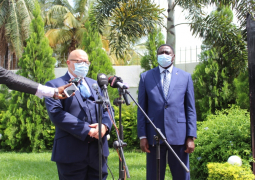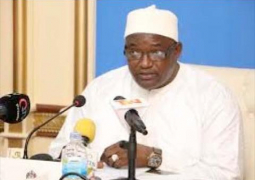
The 2026 Budget, described by Minister Keita as a strategic blueprint to consolidate economic gains and build a resilient Gambia, projects total revenue and grants at D35.87 billion, marking an 11.7% increase over 2025. This strong performance, he said, will be powered by a 28% surge in tax revenue, driven by improved compliance and digital innovation across revenue systems.
The minister highlighted key initiatives such as e-invoicing, a digital rental income tax system, and revenue assurance measures for the telecom and fintech sectors—all part of government’s push toward a smarter, technology-driven tax regime.
On the spending side, total expenditure and net lending are projected at D36.49 billion, representing a 13% rise from last year. Minister Keita said the government will maintain “strict expenditure controls” to ensure fiscal discipline while focusing on priority sectors that directly impact livelihoods.
The D10.29 billion for personnel emolument, reflects a 16.36% increase to cover promotions, housing allowances, and new hires across the public service.
“D8.01 billion for subsidies and transfers, a 24% rise earmarked mainly for energy, infrastructure, agriculture, and subventions to the education and health sectors.”
The D13.5 billion for debt servicing, up from D11.07 billion in 2025, accounted for 30% of total expenditure, underscoring the heavy burden of public debt.
A combined D10.82 billion for education, health, and agriculture, amounting to a quarter of the national budget, notably, agriculture receives a remarkable 84% increase, its largest allocation in a decade signaling the government’s renewed commitment to food security and rural development.
Minister Keita also revealed that The Gambia is expanding its Program-Based Budgeting (PBB) framework to 15 key ministries and agencies, ensuring that “every dalasi spent is tied to measurable outcomes” under the Recovery-Focused National Development Plan.
“The 2026 Budget,” he concluded, “is a deliberate and strategic plan to invest in our people, sustain economic progress, and build a stronger, more inclusive Gambia.”
Read Other Articles In Headlines





